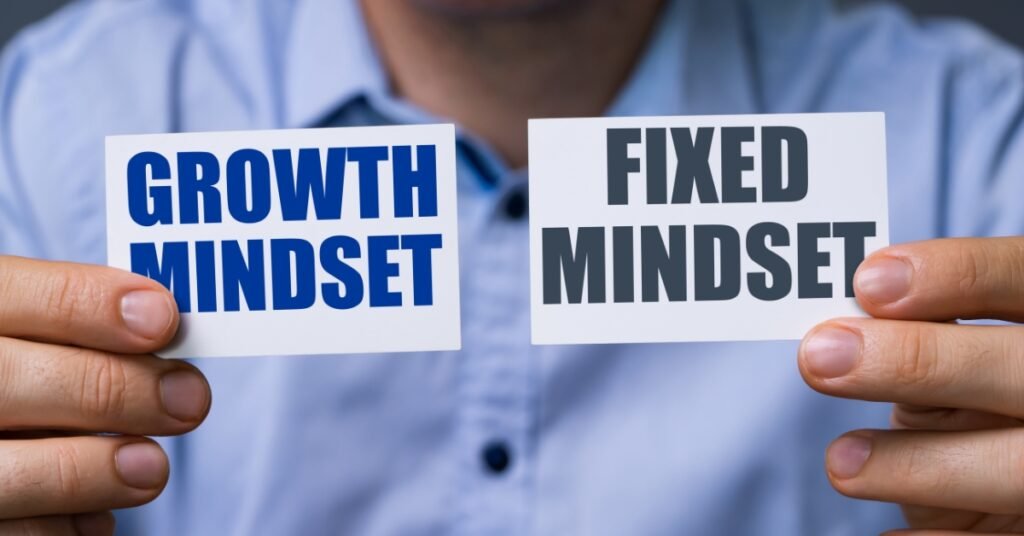Unlock the secrets to powerful communication in meetings, enhancing teamwork and decision-making. Learn how to master active listening and strike the perfect balance with assertiveness.
Table of Contents
Effective communication is the linchpin of success in both personal and professional spheres.
However, mastering this skill involves more than just airing your views; it demands a nuanced understanding of when to speak up and step back.
In office meetings, where ideas converge and decisions take shape, communicating effectively is invaluable.
This blog post delves into the strategies and insights necessary to refine your communicative abilities, aiming to transform your participation in meetings from passive to powerful.
The Power of Thoughtful Communication
Understanding the Impact
Effective communication is a driving force behind successful teamwork, collaboration, and decision-making in the workplace. It is about creating a space where ideas can be exchanged freely, fostering an environment of mutual respect and understanding.
- Teamwork: Enhances cooperation and project efficiency.
- Collaboration: Facilitates innovative solutions through diverse perspectives.
- Decision-making: Streamlines processes and clarifies objectives.
Active Listening
Active listening is a cornerstone of effective communication. It involves fully concentrating on what is being said rather than passively hearing the speaker’s message.
- Sharpen your ability to understand and respond to the underlying messages in conversations.
- Encourage a culture of respect and openness in discussions.
Mindful Speech
Selecting words with care and intention can significantly influence the clarity and impact of your communication.
- Convey ideas clearly: Ensure your message is understood as intended.
- Inspire productive dialogue: Foster an environment where constructive conversation thrives.
What to Express
Sincere Communication
Honesty and genuineness in your interactions can build trust and respect, laying the foundation for strong professional relationships.
- Key to building trust: Authenticity in communication fosters deeper connections.
- Respect and understanding: Sincerity is reciprocated, enhancing mutual respect.
Balancing Assertiveness
Learning to communicate your needs and opinions confidently, without crossing into aggression, is a delicate but crucial skill.
- Express needs clearly: Stand up for your ideas while respecting others.
- Avoid aggression: Maintain a positive tone to encourage open dialogue.
Nurturing Positive Change Through Feedback
Constructive criticism is essential for personal and team growth, making delivering and receiving feedback graciously a valuable skill.
- Stimulate growth: Feedback is a tool for improvement, not criticism.
- Encourage improvements: Positive changes are fostered through constructive dialogue.
What to Hold Back
Harnessing Silence
Silence used strategically, can be a powerful aspect of communication, providing space for thought and preventing potential conflicts.
- Room for reflection: Allows processing of information and ideas.
- Avert conflict: Sometimes, silence can prevent escalation and encourage calm.
Emotion Management
Maintaining emotions during heated discussions ensures that the conversation remains productive and focused.
- Maintain composure: Emotional control is key to clear communication.
- Promote productive interactions: A calm demeanour encourages rational discussion.
Streamlining Information
Focusing on the core message and avoiding unnecessary details can make your communication more efficient and impactful.
- Focus on essentials: Keep the conversation relevant and to the point.
- Ensure efficiency: Streamlined communication saves time and clarifies objectives.
Strategies for Effective Communication
Decoding Nonverbal Cues
Body language, tone of voice, and facial expressions play a significant role in how your message is received.
- Enhance message delivery: Complement your words with appropriate nonverbal cues.
- Improve understanding: Recognize and respond to the nonverbal signals of others.
Cultivating Empathy
Understanding and sharing the feelings of others can greatly improve communication effectiveness, fostering stronger workplace connections.
- Understand perspectives: Gain insight into others’ thoughts and feelings.
- Foster connections: Empathy builds bridges between diverse viewpoints.
Effective Conflict Resolution
Addressing and resolving conflicts with transparency and respect ensures that disagreements become opportunities for growth rather than obstacles.
- Transparent communication: Address issues openly to find solutions.
- Productive methods: Tailor your approach to the context of office meetings.
In Conclusion
Mastering effective communication within office meetings is about finding the right balance between expressing your ideas and listening to others.
This skill enhances your interpersonal relationships, problem-solving capabilities, and confidence.
You embark on a journey to become a more impactful and persuasive communicator by employing the abovementioned tactics.
Remember, thoughtful communication is within your reach; use it wisely to achieve your desired outcomes.
What is your strategy for effective communication in meetings? Tell us in the comments below.






